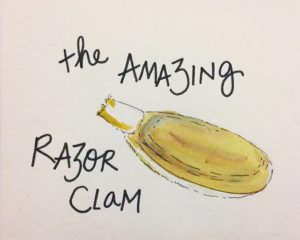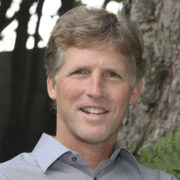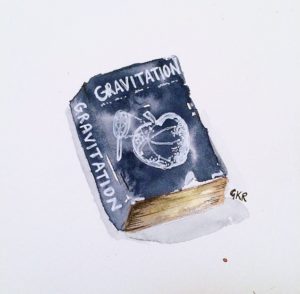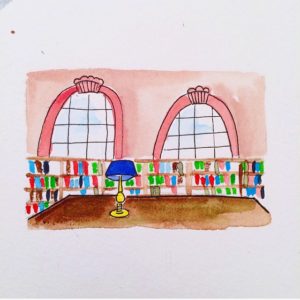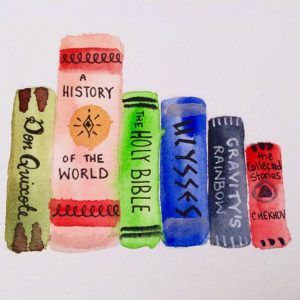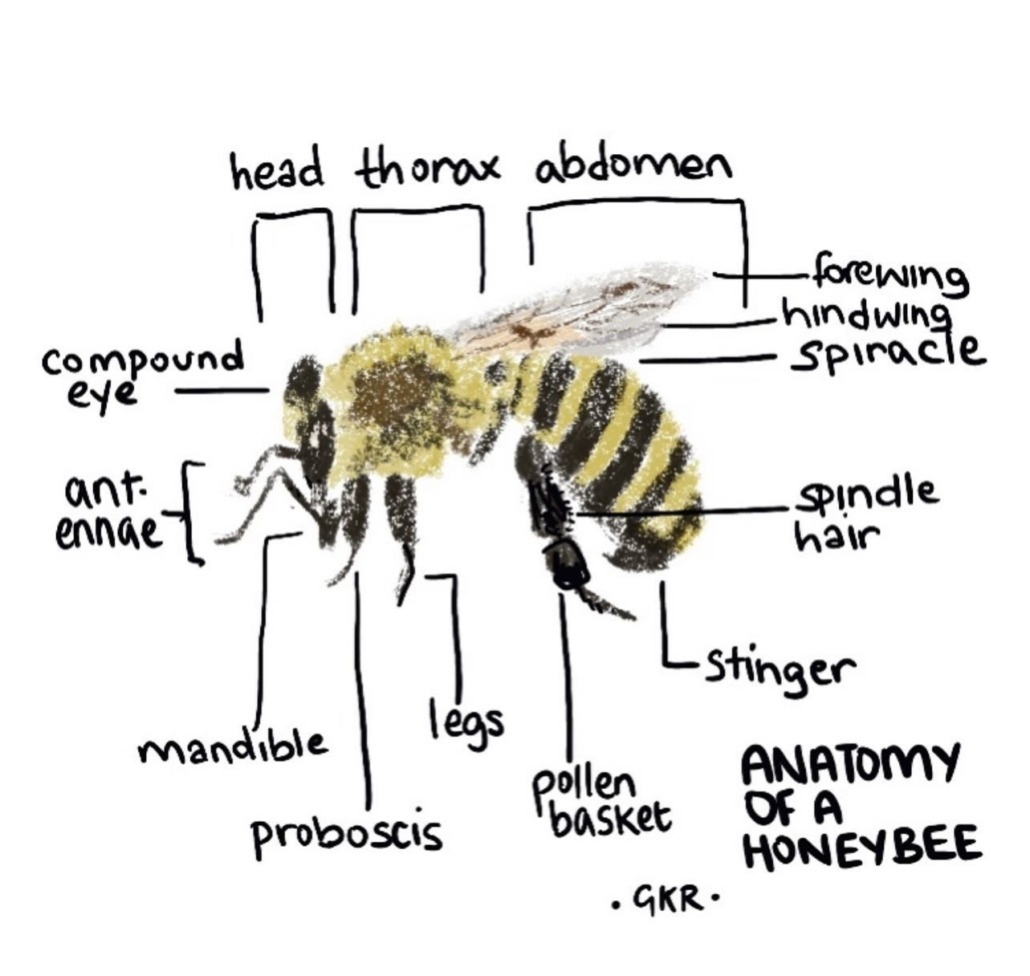
“For so work the honeybees, creatures that by a rule in nature teach the act of order to a peopled kingdom.” – William Shakespeare
One of the highlights of my summer was visiting some nearby lavender farms and, of course, where there is lavender, there are bees! In particular, bumble bees and honeybees are two of the main pollinators of lavender. These plants are very attractive to pollinators because they are rich in pollen and nectar and produce a large amount of linalool (a naturally occurring alcohol that occurs in many flowers and spice plants).
Honeybees are any of a group of insects in the family Apidae (order Hymenoptera) that in a broad sense includes all bees that make honey. However, what is commonly known as the domestic honeybee usually refers to the single species, Apis mellifera. Apis is Latin for “bee”. The first Apis bees appear in European fossils at the Eocene-Oligocene boundary – about 33 million years ago. However, these bees are thought to have their origins in South and South-East Asia.
Honeybees are social insects and live together in hives or nests. A colony generally contains one queen bee, a female; up to a few thousand drone bees, or males; and tens of thousands of female worker bees, the latter of which perform dancing movements inside the hive to communicate the location, quality, and distance of food sources to their fellow hive-mates.
Honeybees obtain all of their nutritional requirements from a combination of pollen and nectar. Pollen is the only natural protein source for honeybees and nectar is collected by worker bees as a source of water and carbohydrates in the form of sucrose.
During the winter, the bees draw closer together in the hive to conserve heat and, when nectar sources are low, the worker bees drag the drones out of the nest and do not let them return, thereby starving them and reducing the consumption of winter honey stores.
Most bees are polylectic, which means that they gather pollen from a wide variety of flowers. However, some bees collect pollen only from flowers of certain families or certain colors. Oligolectic bees gather pollen from only a few related kinds of flowers, which their mouths are adapted to.
ANATOMY OF THE HONEYBEE AND THAT DREADED STINGER:
The head is the area of information gathering and food input. It contains the eyes and the mouthparts.
The thorax is the area of locomotion and contains 2 pairs of wings, 3 pairs of legs, and 3 pairs of spiracles for letting air in. Legs have pollen baskets, which is, as the name suggests, used to carry the pollen around. Its special concave shape and hairy edges help to keep the load in position while the bee flies.
The abdomen is the area of digestion and reproduction.
The sting is attached to the digestive tract and is designed, with barbs, to prevent the sting from being pulled out. When a worker bee stings, it tries to get away, but the barbs prevent the sting from coming out, so the sting breaks off and is left behind. The sting and accompanying venom gland will then continue to work on their own to pump venom into the victim, while simultaneously releasing a pheromone to mark the victim, alerting other bees to continue to sting them.
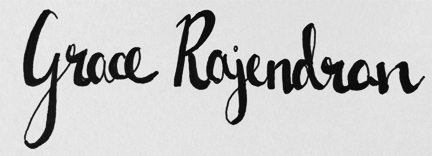
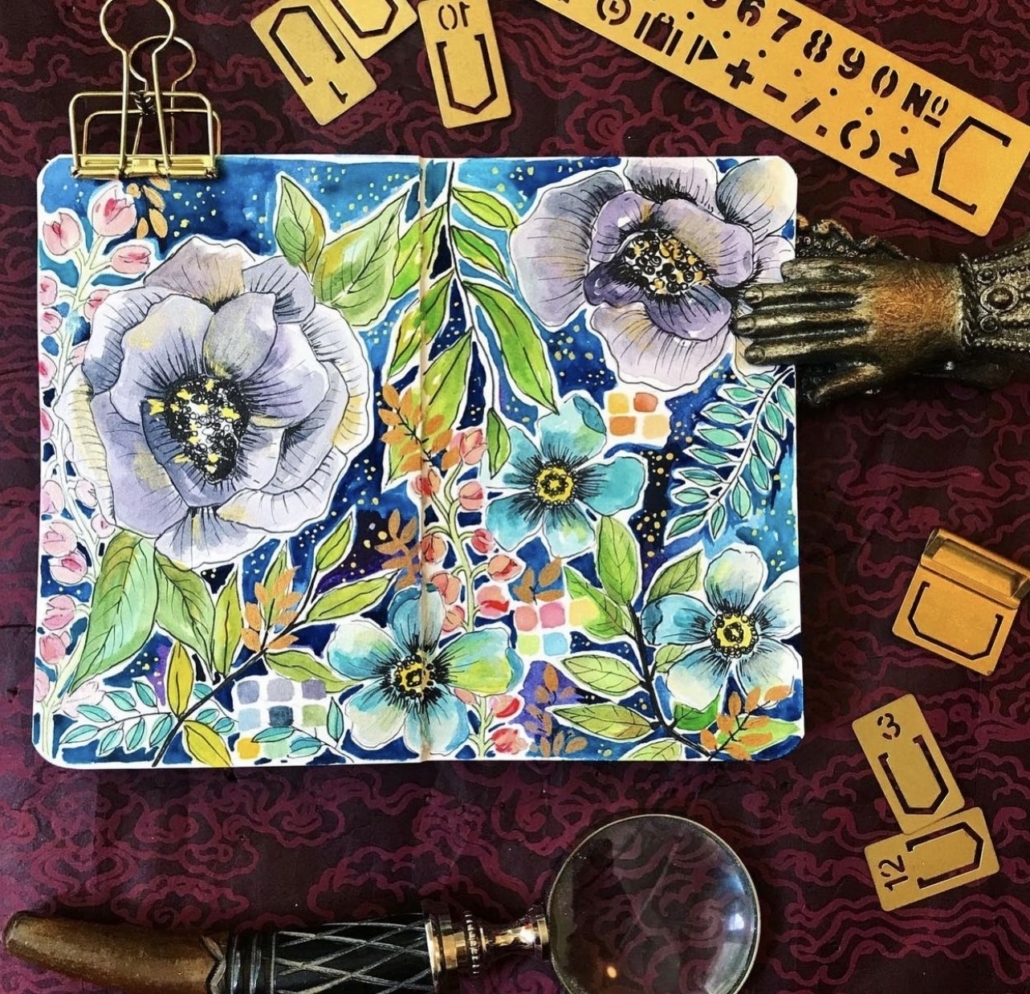

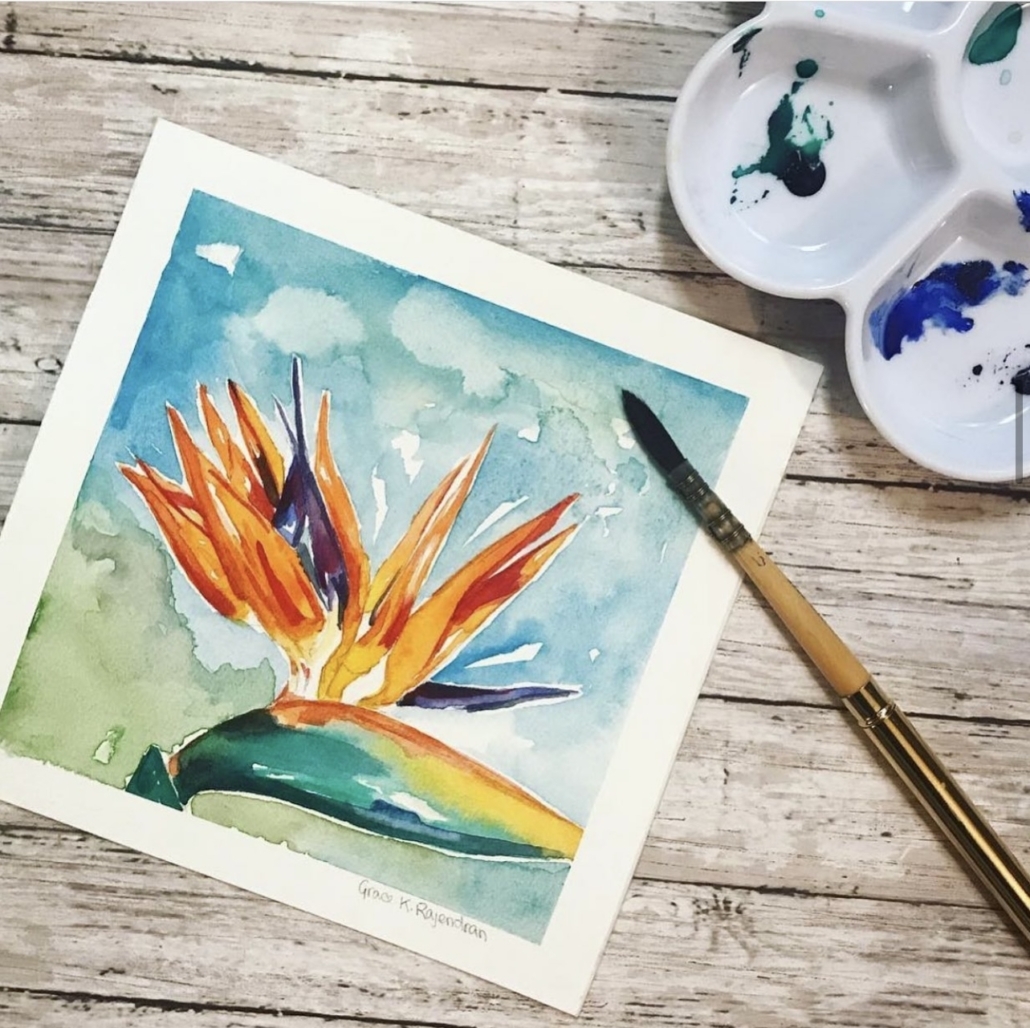
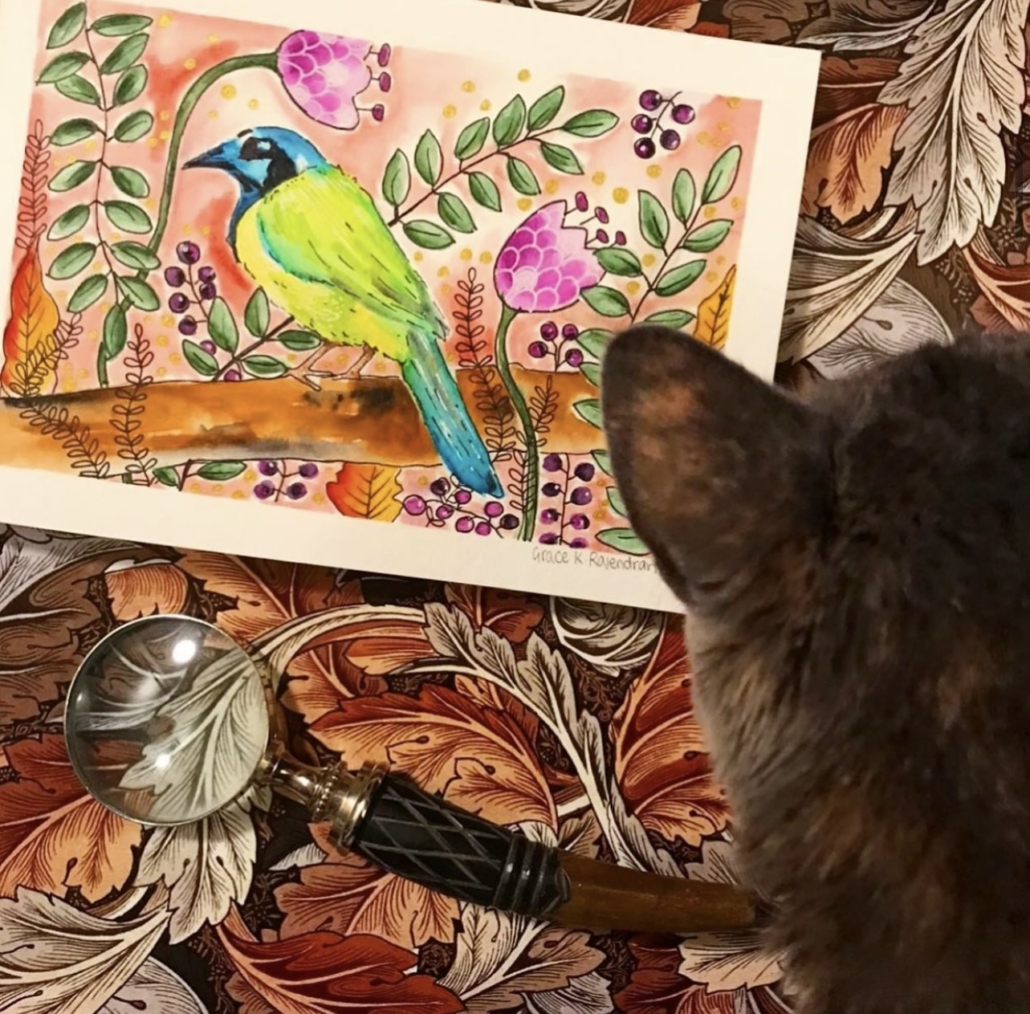

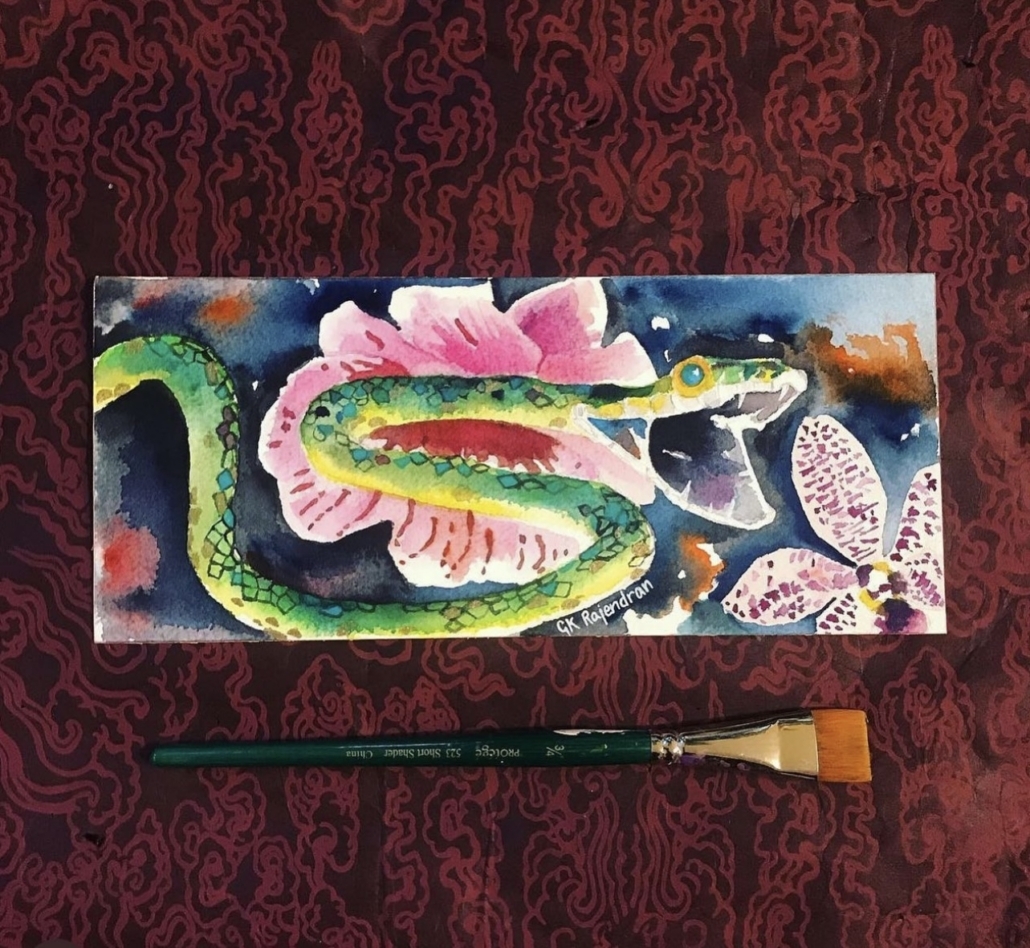
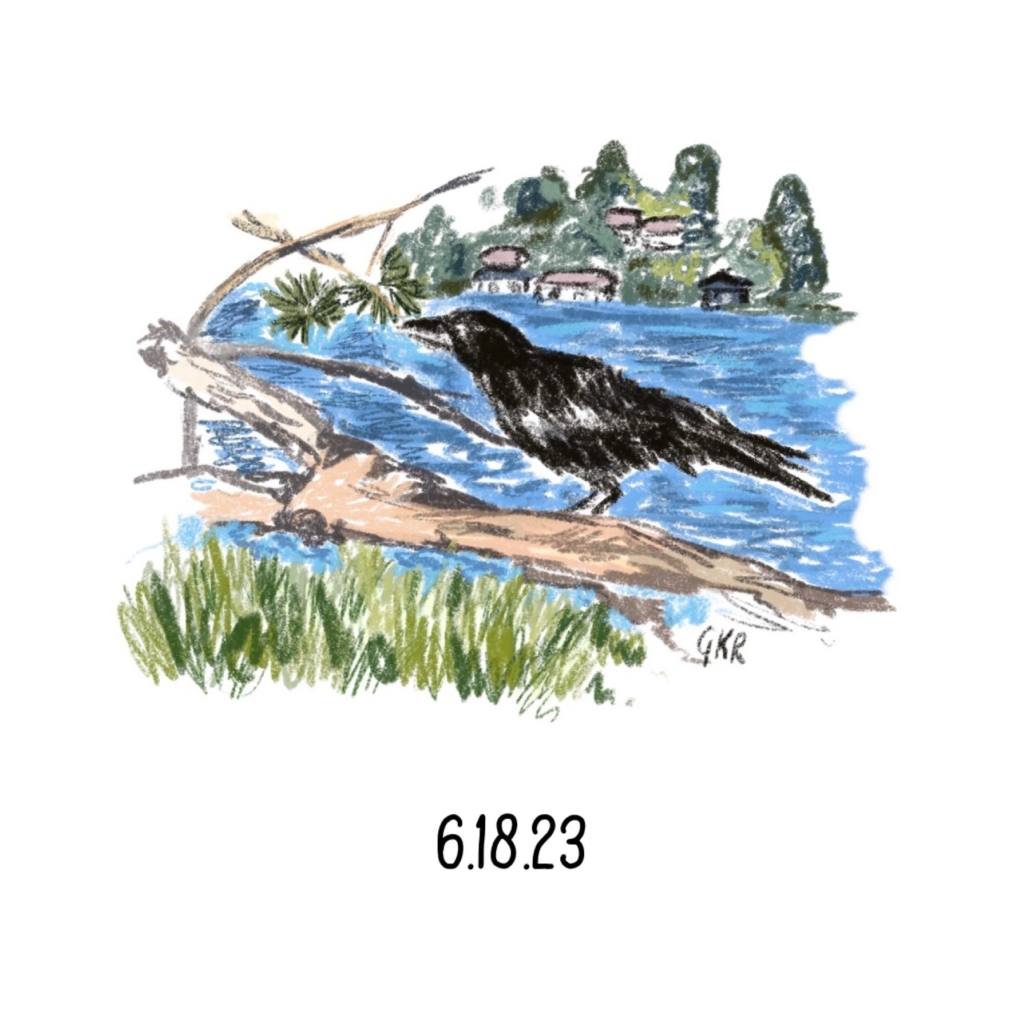
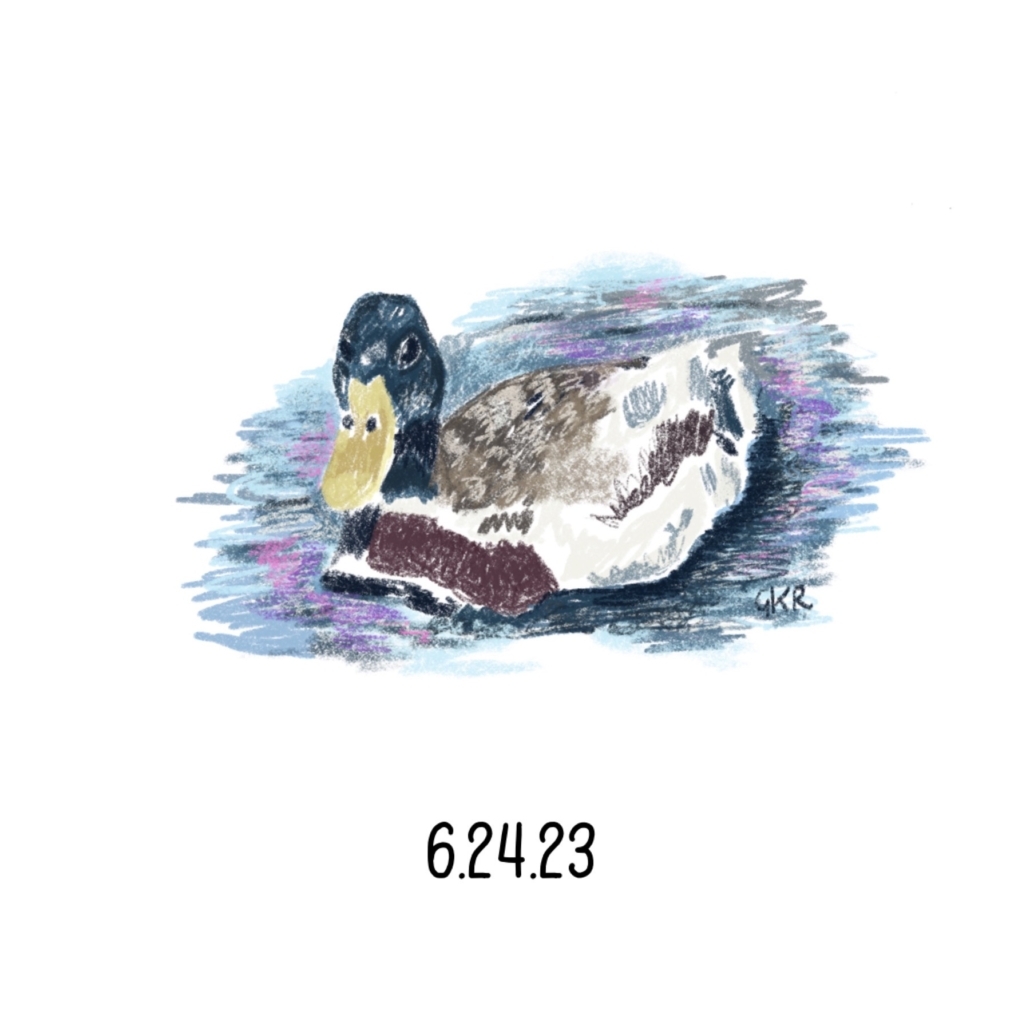
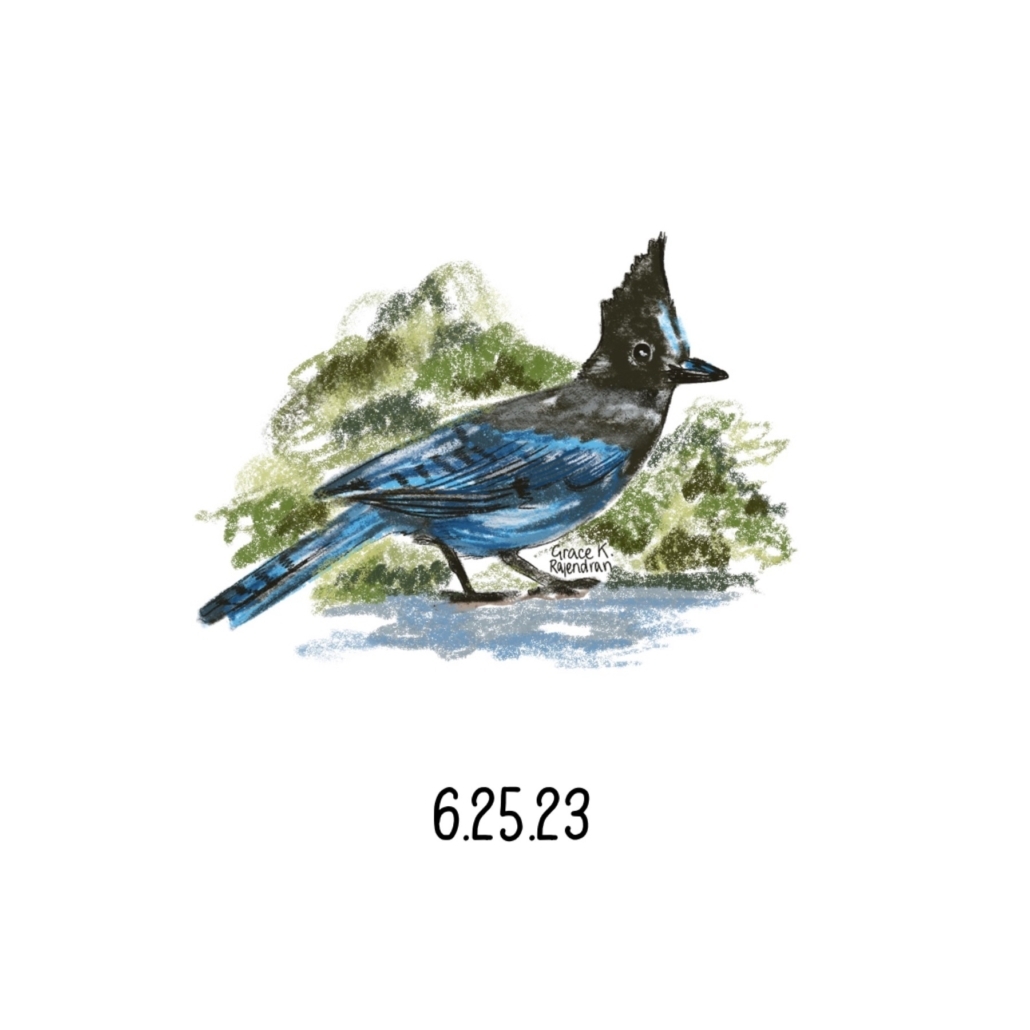
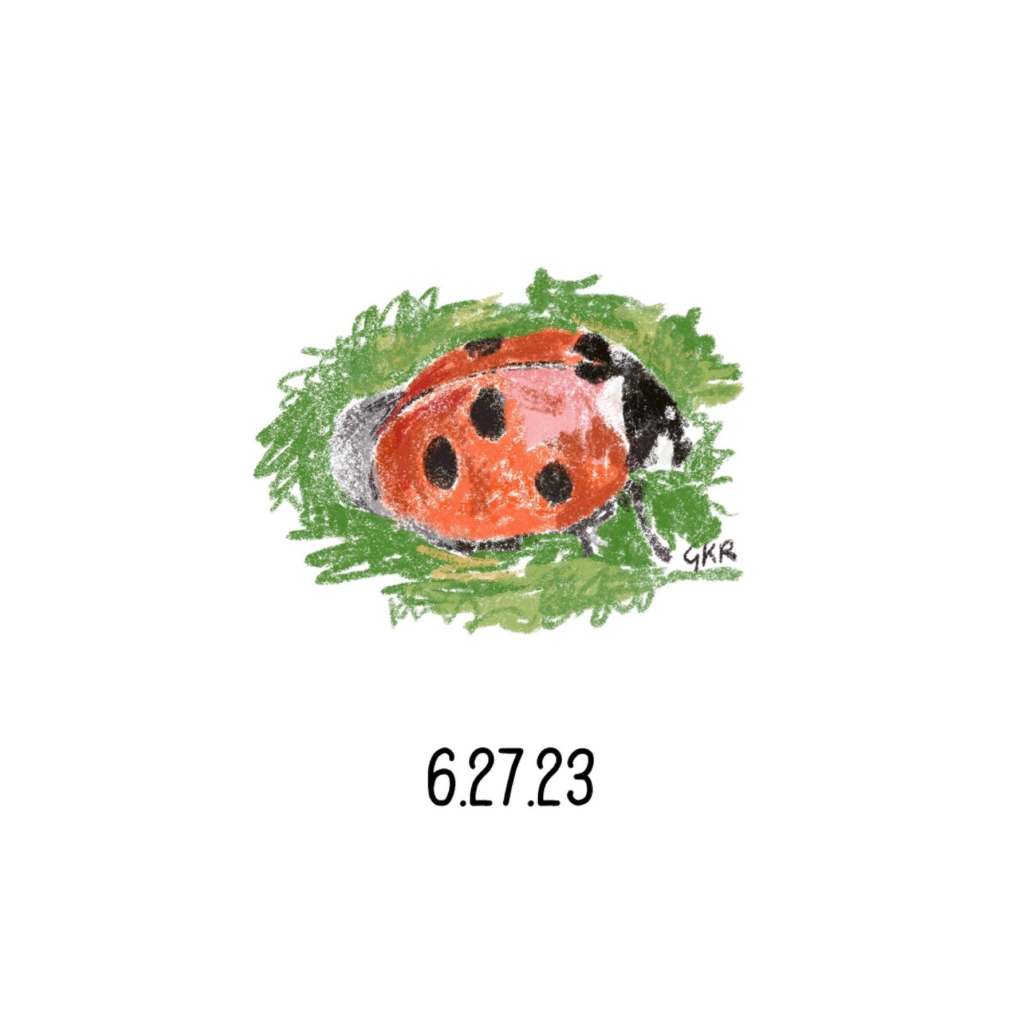
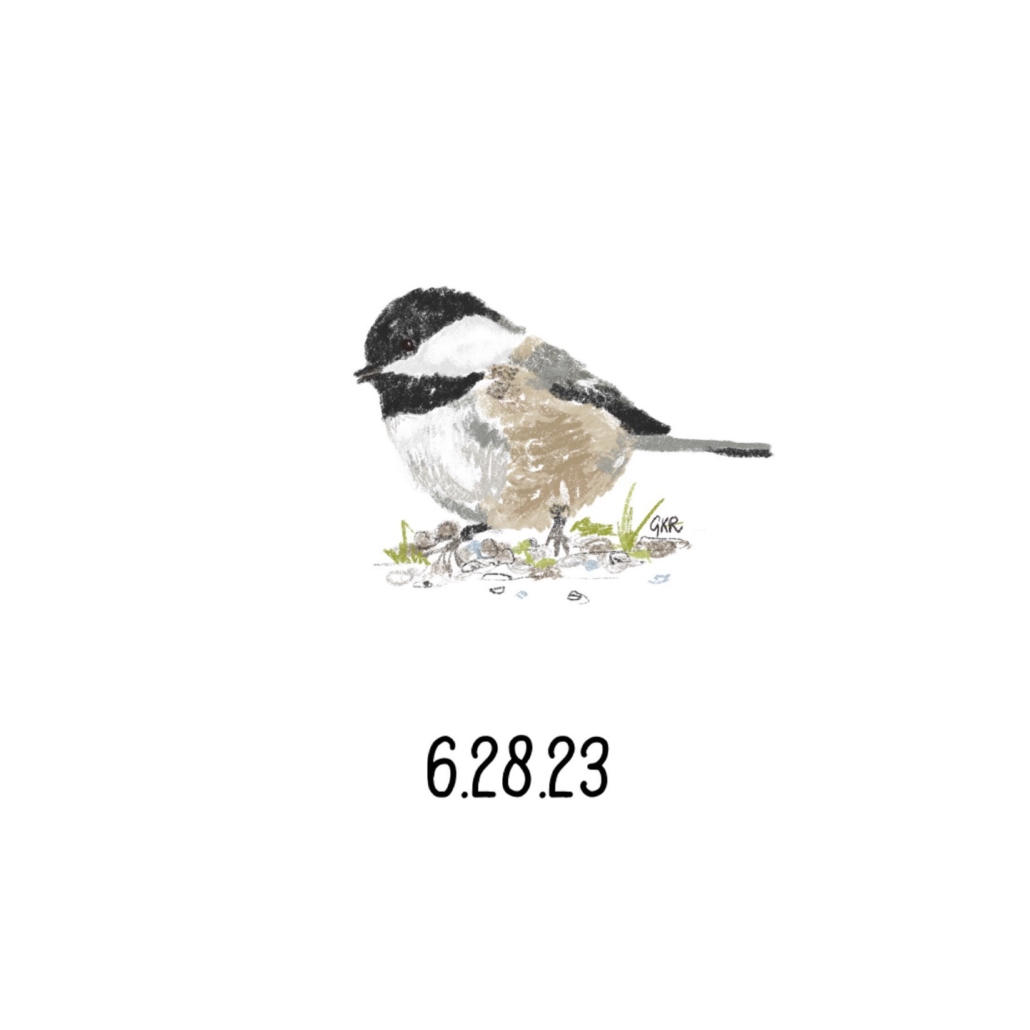

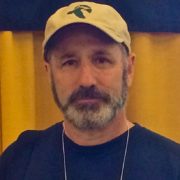
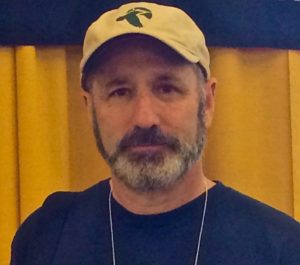
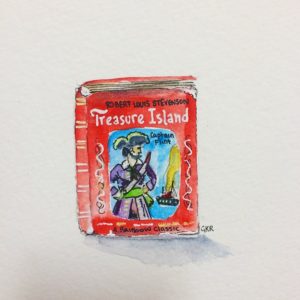
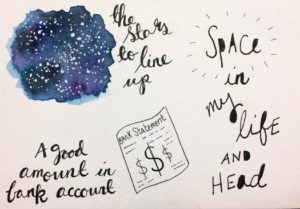
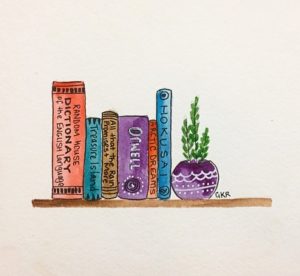
 I dunno, not feeling very advisor-ly at the moment.
I dunno, not feeling very advisor-ly at the moment.